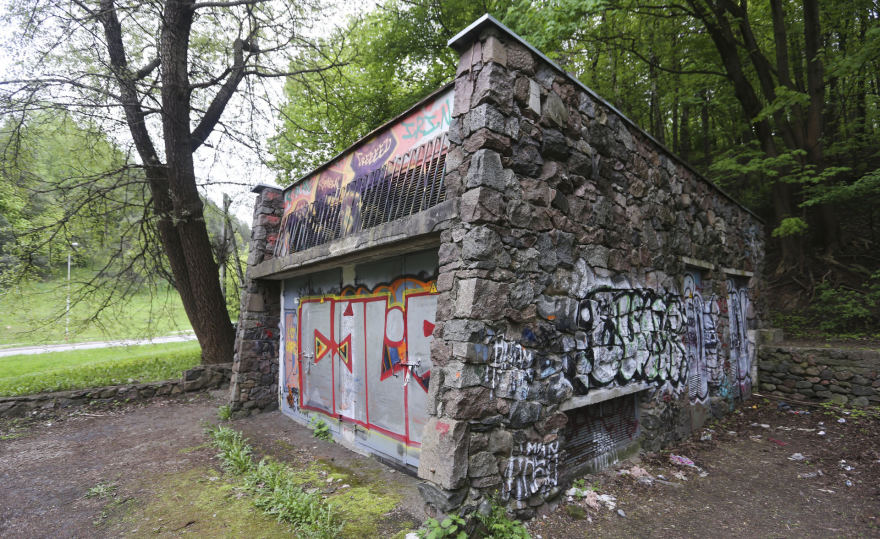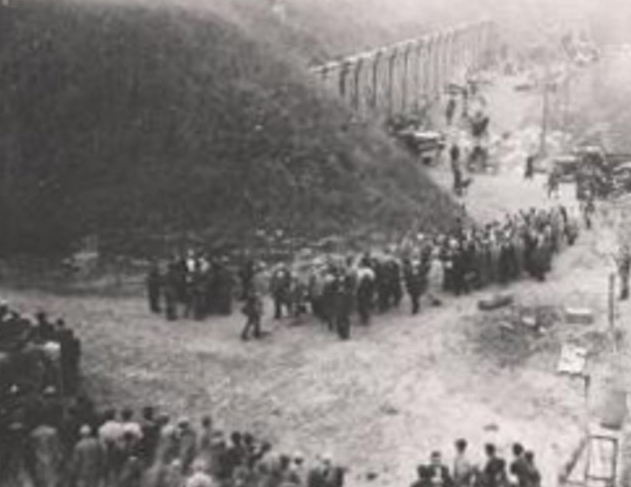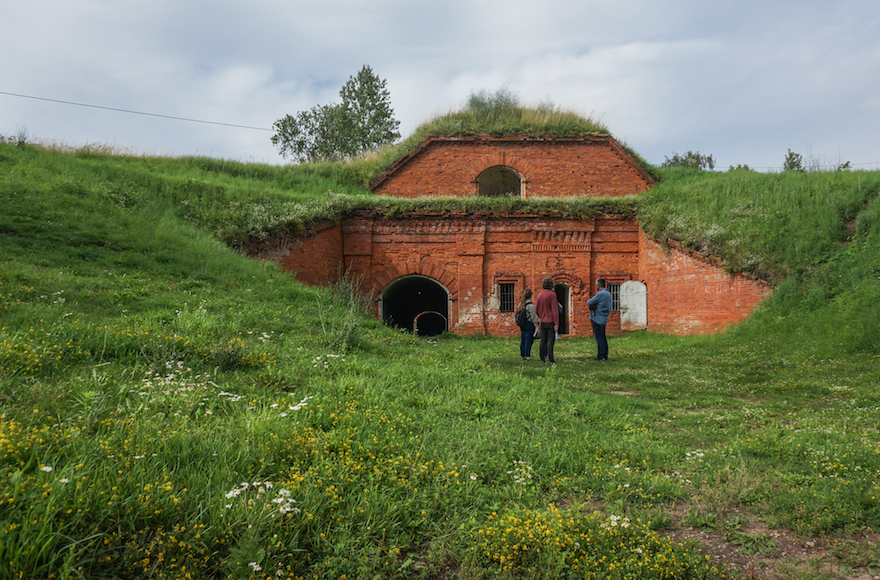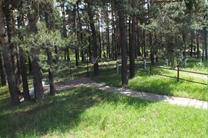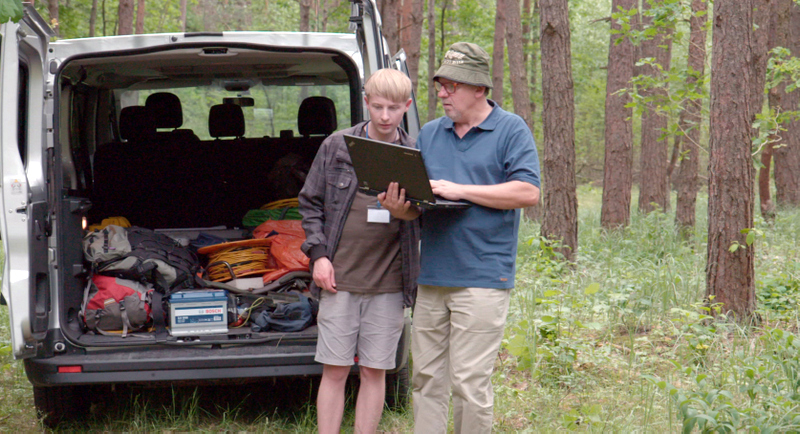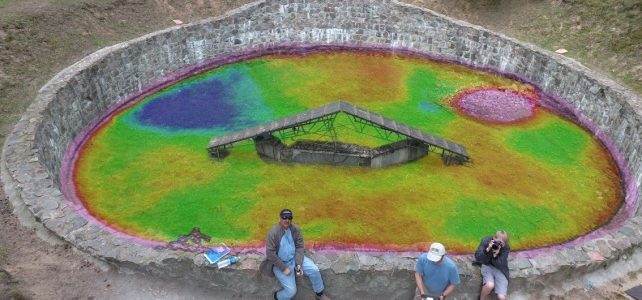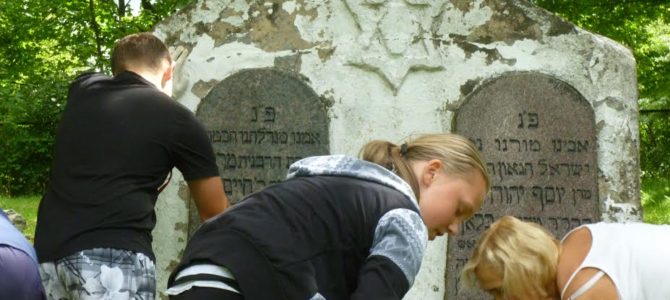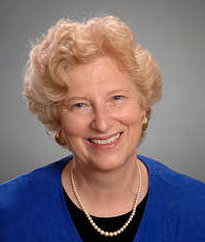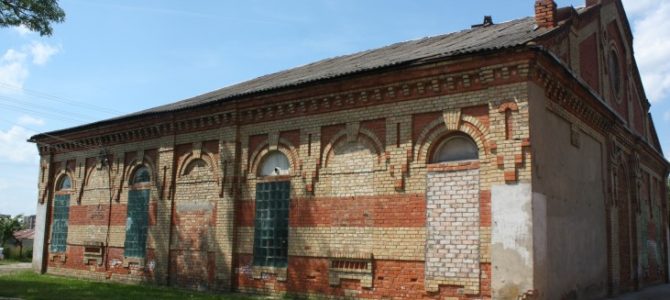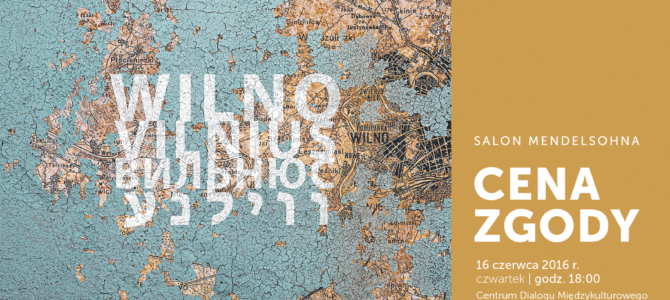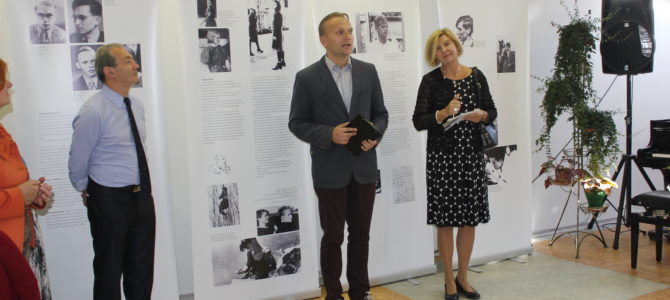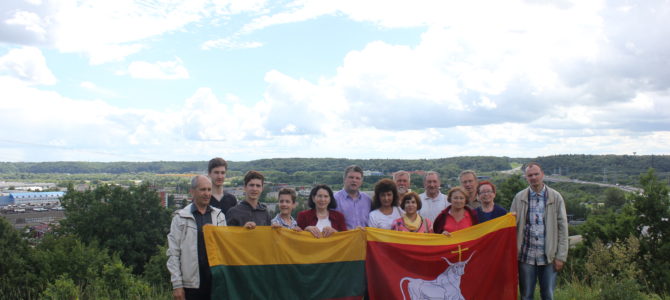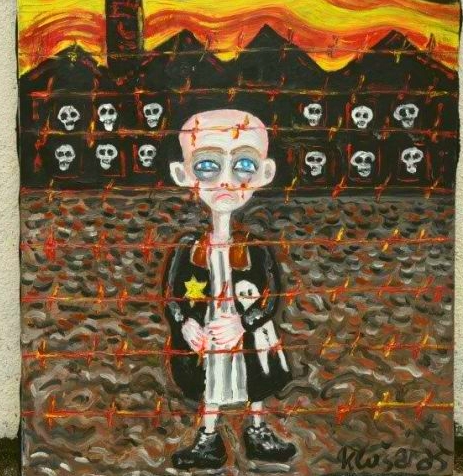Statement by the Lithuanian Jewish Community concerning Cnaan Liphshiz’s article “This Lithuanian Concentration Camp Is Now a Wedding Venue” published at http://www.jta.org/2016/07/24/news-opinion/world/lithuanian-concentration-camp-is-now-a-wedding-venue
The Lithuanian Jewish Community thanks the author of the article and the news agency who have again brought attention to the problematic situation at the Seventh Fort in Kaunas. We also feel it is our duty to explain and add to some of the facts and circumstances brought up in the article.
In June and July of 1941 a concentration camp was set up at the Seventh Fort where up to 5,000 people were murdered, mainly Jews resident in Kaunas. During the Soviet era the fort was used for military purposes and the exact location of the mass grave was unknown and inaccessible to the wider public. In 2009 the Lithuanian State Property Fund, which had ownership of the complex, allowed it to be privatized. The Lithuanian Jewish Community never approved of this decision and numerous times wee expressed our position that this was a huge mistake which couldn’t be allowed to happen at similar sites. In any event, after the fort buildings were privatized, the new owner, Karo paveldo centras [Military Heritage Center], received the right to lease the land around the buildings, which belongs to the state. The mass grave site, whose exact location was not known then, thus fell within territory controlled by a private corporate entity.



